Selaginella lepidophylla, commonly known as a Rose of Jericho, Desert Rose or Resurrection Plant is an intriguing plant native to the desert regions of Central America and the Middle East. Unlike other plants, the Rose of Jericho has developed an incredible ability to survive in the most unfriendly of environments.
At the core of the Rose of Jericho is an extremely resistant plant that can completely desiccate during prolonged droughts, curling its branches inward and becoming a seemingly lifeless ball of twigs. Yet, once the environment changes and the plant gets access to water, it miraculously “resurrects,” unfolding and turning green within hours. This extraordinary cycle can be repeated over many years, symbolizing renewal, ability to adaptation and persistence.
The Rose of Jericho’s ability to rise from the state of the dead has made it a symbol of hope and rebirth across various cultures. In Christian tradition, it is associated with the resurrection of Christ, hence the name. In folk magic, it’s believed to bring peace, power, and protection from bad spells into a home.
The plant will be sent in a dry state in a box with instructions. Will make a perfect Christmas or birthday gift for any plant lover! After ressureting the plant will have approximately 20-25cm dimension. Rose or Jericho can be used as an educational tool for children to explain plants’ ability to adapt to changes.
Pet Friendly
Free Care Guide With Every Purchase
Scan the QR for instant access to our care guide for your plant. No hassle, no stress, just healthy and happy plants.
Q&A: The Resurrection Plant
Q: How do you resurrect the Rose of Jericho? A: Place the plant in a shallow dish of room temperature water, ensuring it is fully submerged. The plant will absorb the water and begin to open its leaves and turn green.
Q: How long does it take for the Rose of Jericho to resurrect? A: The resurrection process usually starts within a few hours, and the plant typically unfurls completely within 24 to 48 hours of being exposed to water. Sometimes may take longer so please be patient!
Q: What temperature water should I use to resurrect the plant? A: Use room-temperature water for the resurrection process. Avoid extremes of hot or cold to prevent shock and potential damage to the plant. Ensure the plant is fully immersed in clean water and the leaves should begin to green.
Q: What is the optimal temperature for the Rose of Jericho to resurrect? A: The ideal temperature for the plant to resurrect is between 20°C to 30°C, which is conducive to its revival and health.
Q: What if not all leaves turn green during the resurrection? A: If some leaves remain brown, it could be due to insufficient water coverage or some leaves are naturally too too old and have lost their ability to revive. It is totally normal and happens often as the plants’ leaves are ageing, it will not impact the health of the plant.
Q: How long should the Rose of Jericho be kept green? A: It’s recommended to keep the plant green for a few days to 1-2 weeks at most. Then, allow it to dry out to prevent rot and to follow its natural lifecycle.
Q: How can I return the Rose of Jericho to its dry state? A: Remove the plant from the water and place it in an area with good air circulation. The plant will naturally dehydrate and curl up as it dries, a process that may take a few days depending on environmental conditions.
Q: What happens if I leave the Rose of Jericho in water for an extended period? A: Continuous soaking can cause the plant to rot or develop mould. It is important to let it dry out after a period of hydration to maintain its health and resilience.
- Can the Rose of Jericho be placed in a terrarium?
- Yes, it can be placed in a terrarium but ensure it is not continuously exposed to moisture. Allow it to dry out periodically to mimic its natural desert habitat and prevent rot.
- Is the Rose of Jericho suitable for beginners?
- Absolutely! This plant is very forgiving and requires minimal care, making it perfect for beginners or as an educational tool to demonstrate plant adaptation and resilience.
- How is the Rose of Jericho delivered to ensure it arrives in good condition?
- The plant is carefully packaged in a dry state and shipped with comprehensive instructions for its care. This ensures it arrives safely and is ready for resurrection at your home.
We’re still working on the care guide for this product. Please check back soon!
| 5 star | 97% | |
| 4 star | 2% | |
| 3 star | 1% | |
| 2 star | 0% | |
| 1 star | 0% |
1-5 of 1344 reviews
2 reviews for Rose of Jericho Resurrection Plant
| 5 star | 100% | |
| 4 star | 0% | |
| 3 star | 0% | |
| 2 star | 0% | |
| 1 star | 0% |
1-2 of 2 reviews
-
-
Great
(0) (0)
Add a review
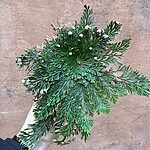 Rose of Jericho Resurrection Plant
Rose of Jericho Resurrection Plant
Your review
* Review is required
Name
* Name is required
Email
* Email is required
Add photos or video to your review
* Please tick the checkbox to proceed
We’re a small family business with a big love for plants.
From our base in Aberdeen, we pack every order with care and love. Our small size means we can be flexible with special requests, and we’re always happy to help. We reuse packaging, craft our own eco-friendly products, and offer friendly advice whenever you need it.

Follow us for plant inspiration, tips & behind-the-scenes!
See our opening times and get directions to our Aberdeen shop – we always love a local review too!
Highland Moss
What Our Clients Say



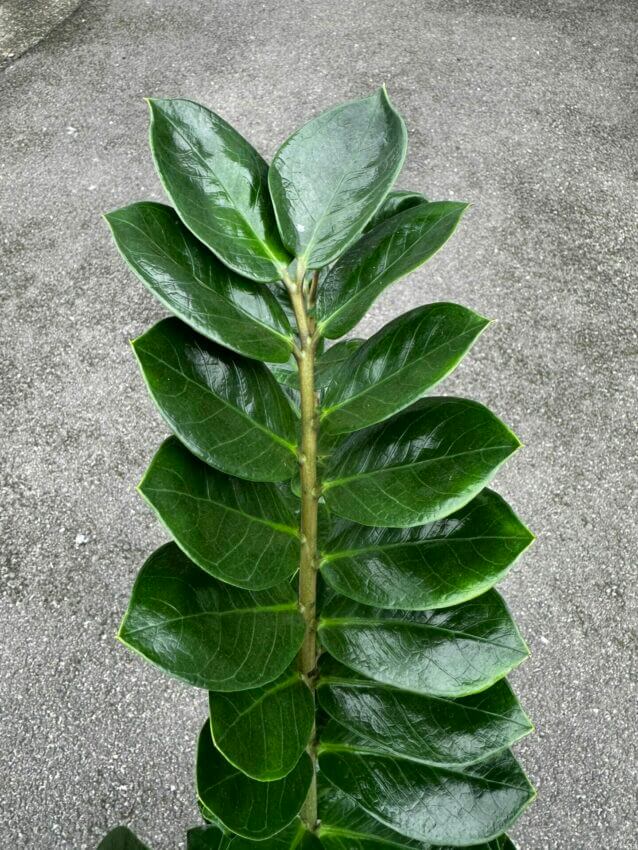

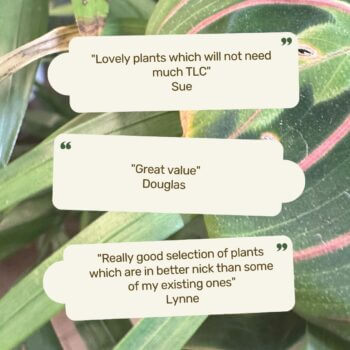
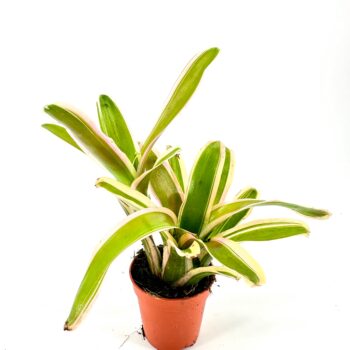
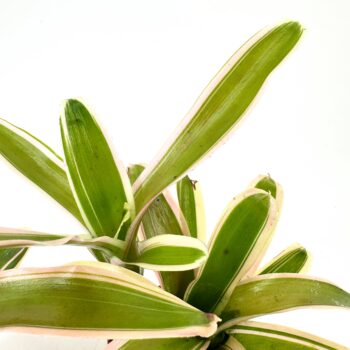







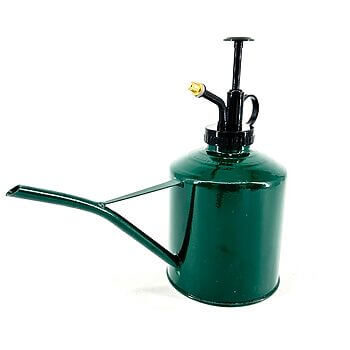
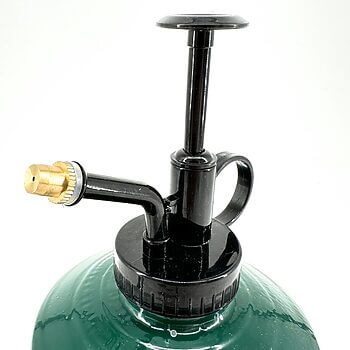
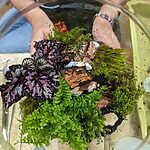
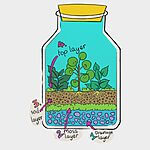


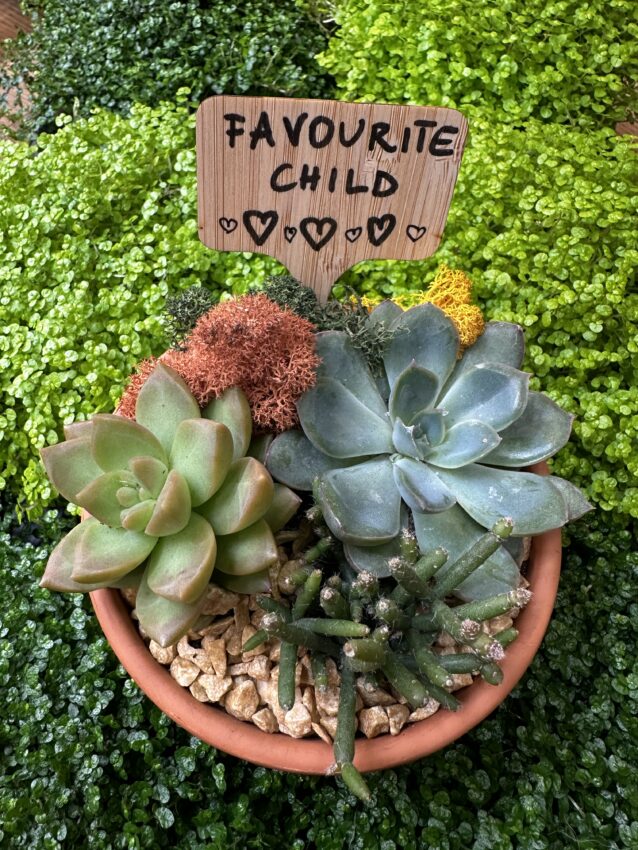
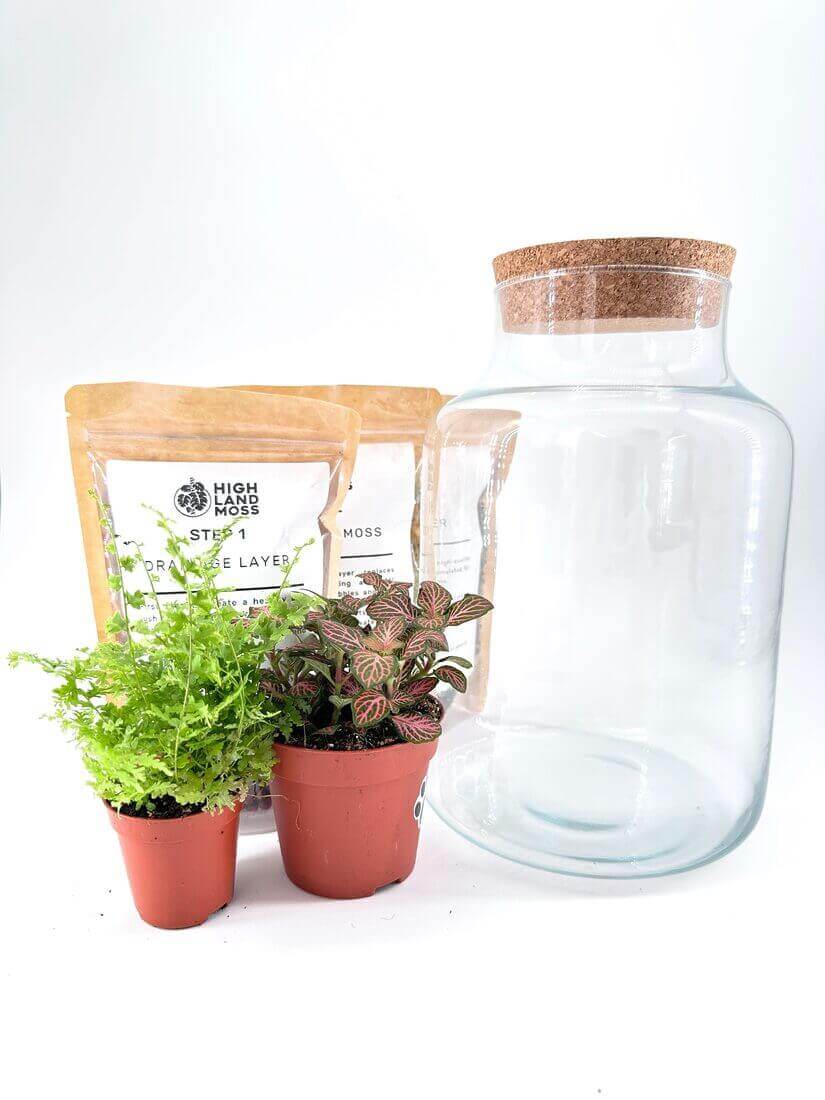
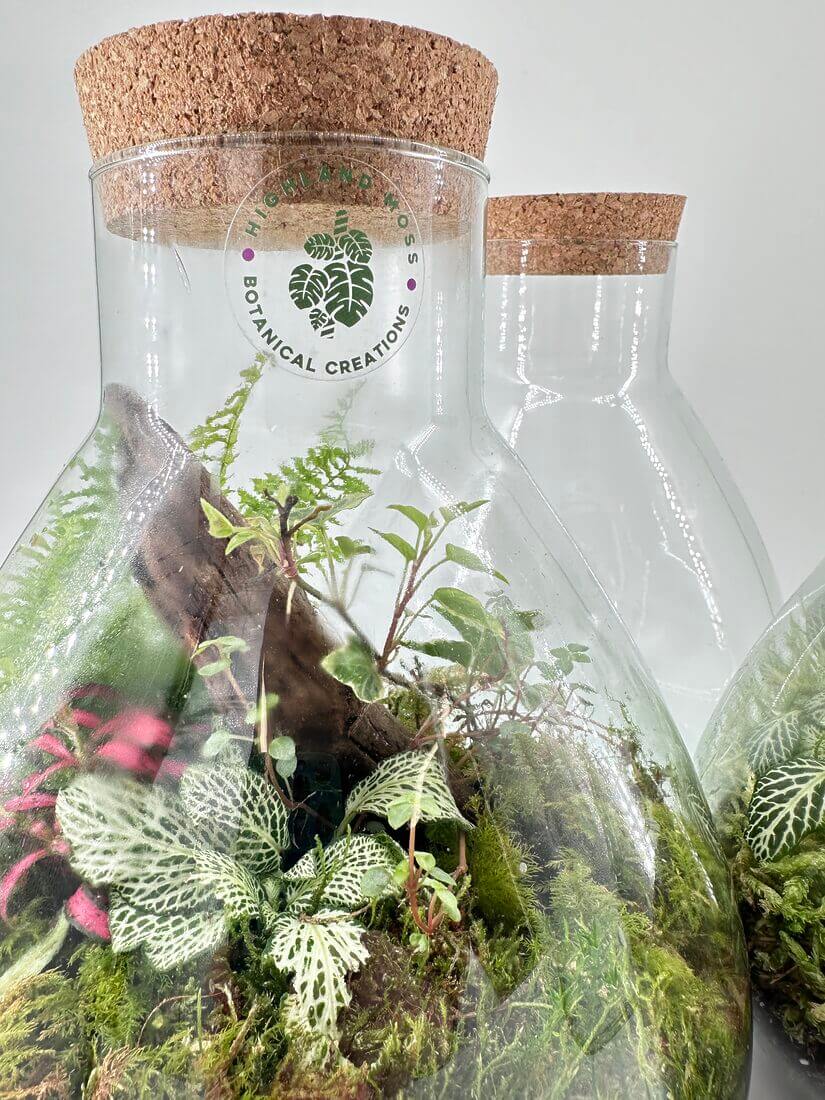
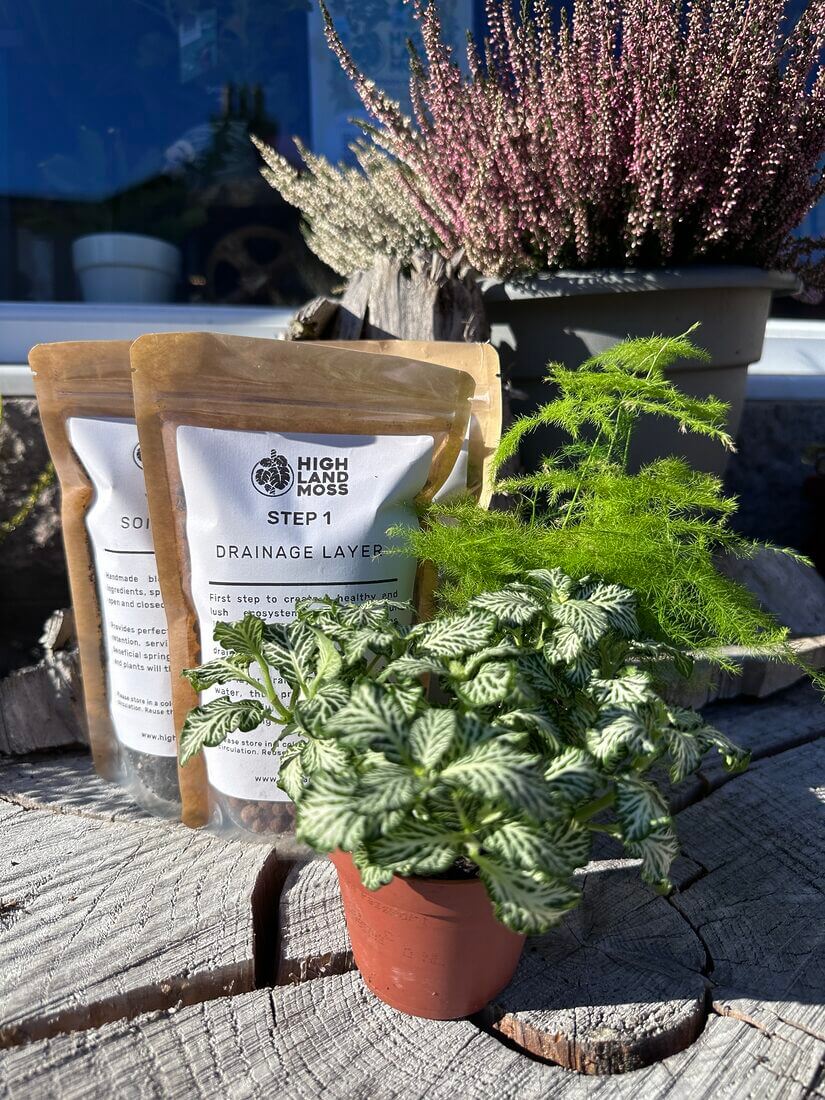

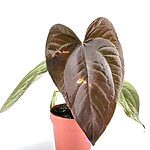



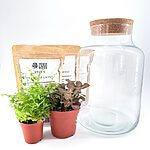
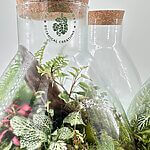
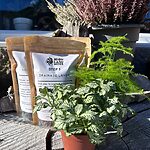


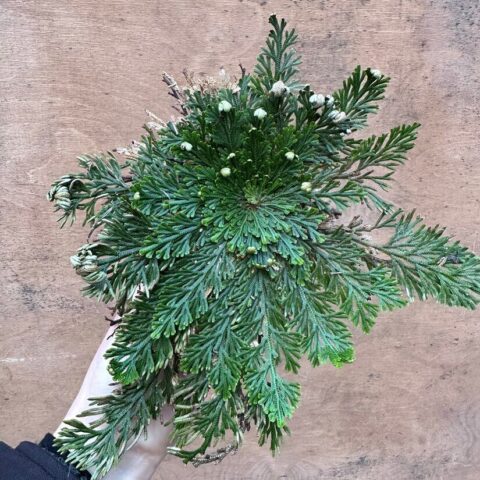






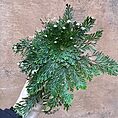
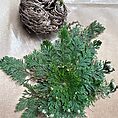
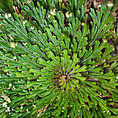
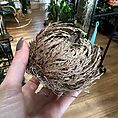
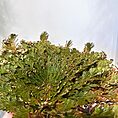
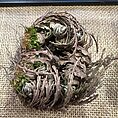
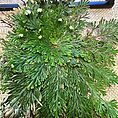


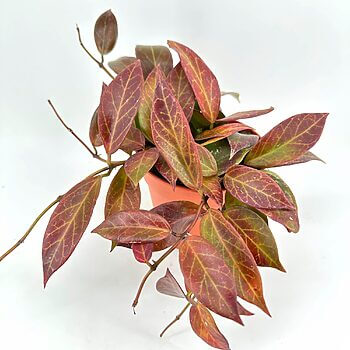
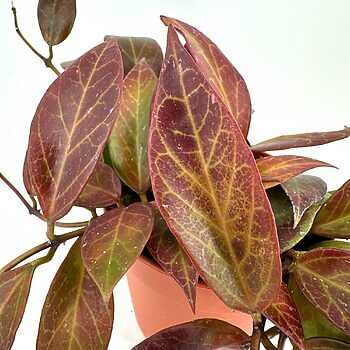


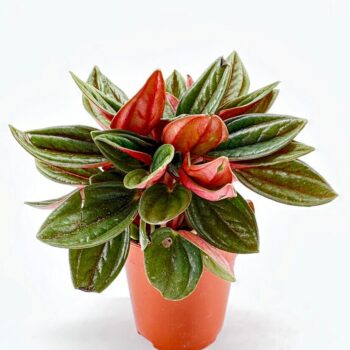
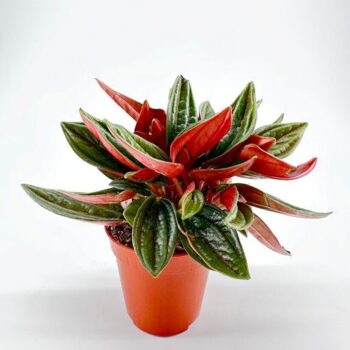
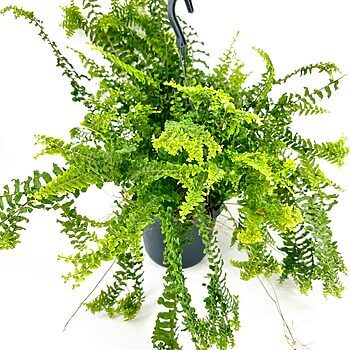
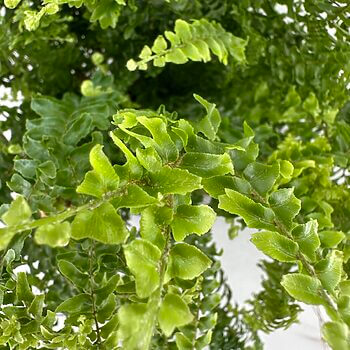

A variety of excellent products with very good customer service!
Local buyer – placed my order on Friday night, Pam popped round on Saturday evening to drop it off direct to my door, absolutely fantastic service!